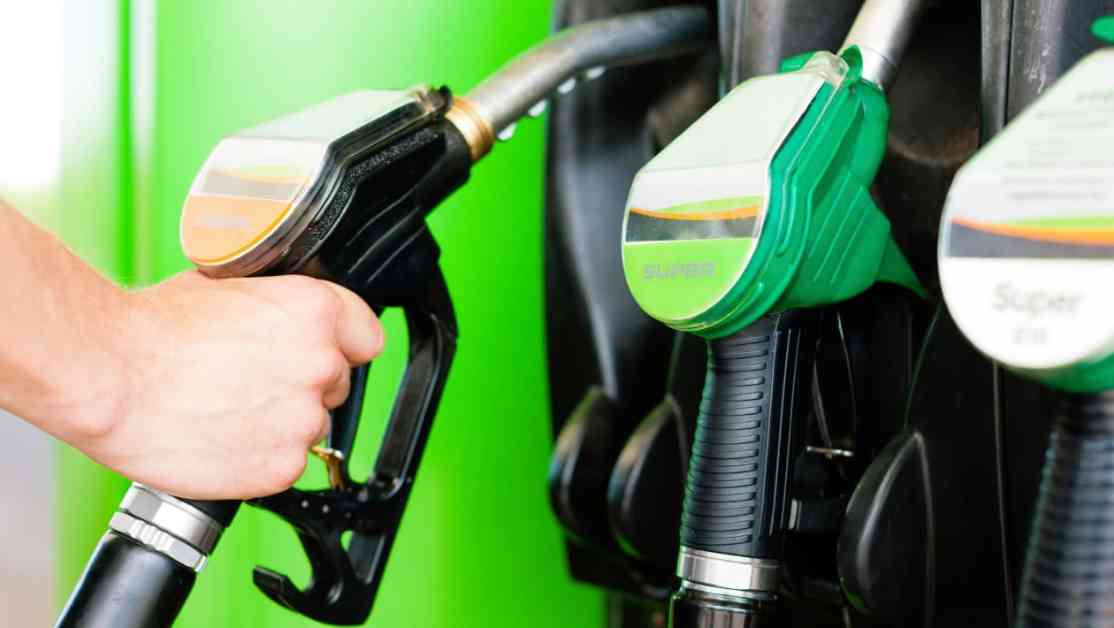Drivers were shocked to learn that they were overcharged a staggering £1.6 billion for fuel by retailers last year. The Competition and Markets Authority (CMA) revealed that retailer profit margins have risen significantly since 2019, reaching as high as 8.1 per cent in January 2023, well above the historical average of 4.4 per cent. As a result, drivers have been paying more than they should for fuel, with supermarket fuel stations alone overcharging customers by up to £900 million in 2022.
The CMA criticized fuel retailers for “failing customers” and emphasized the importance of implementing the PumpWatch scheme, designed to provide drivers with real-time pricing information for nearby fuel stations. The CMA estimates that this scheme could save the average person around £4.50 per tank of fuel. The RAC’s head of policy, Simon Williams, expressed outrage at the situation, highlighting the lack of market competition among retailers and the need for swift action to address the issue.
With the average price of petrol currently at 145.08 pence per litre and diesel at 150.25 pence per litre, there is some relief for motorists compared to earlier this year. Prices are expected to continue falling gradually, but the full implementation of the PumpWatch scheme may take time, as only 40 per cent of retailers have signed up so far.
In response to these findings, the RAC has reached out to Energy Secretary Ed Miliband, urging him to prioritize the CMA’s recommendations to protect consumers’ wallets nationwide. The report sheds light on the urgency of addressing the issue of overcharging at fuel pumps and the need for increased transparency in pricing in the retail fuel sector.
For those looking to save on fuel costs, investing in a more fuel-efficient car could be a solution. By choosing a vehicle with higher fuel economy, drivers can mitigate the impact of overcharging by retailers and reduce their overall expenses on fuel. Additionally, staying informed about local fuel prices and opting for stations with competitive pricing can help consumers save money in the long run. By taking proactive steps to combat overcharging and seeking out cost-effective options, drivers can better manage their fuel expenses and avoid falling victim to price gouging tactics by retailers.









